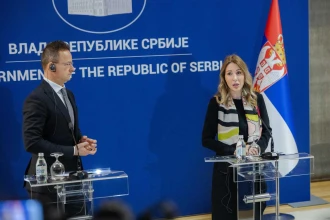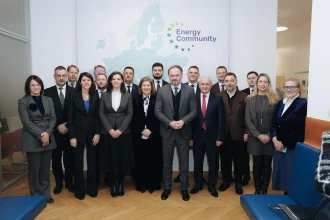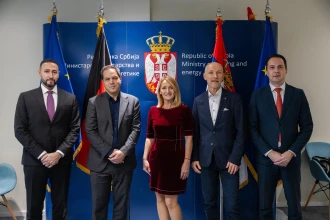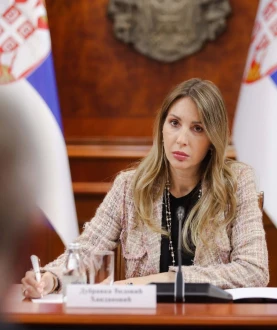Minister of Mining and Energy, Dubravka Djedović Handanović, stated during the Western Balkans Investment Forum today in London, at a panel dedicated to private sector investments in renewable energy sources, that this year a second round of auctions will be organized for a new 400 MW capacity from renewable energy sources.
Djedović Handanović: This year, the second round of auctions for additional 400 green megawatts from solar and wind power plants will take place
"The three-year auction plan for the period 2023-2025, which we passed last year, will provide at least 1,300 MW of new capacities from RES through private investments, auctions and the allocation of market premiums. In the first three-year plan, we focused on large investments, because that is the only way we can progress faster in the energy transition process. We are planning the next round of auctions this year, which will offer a capacity of at least 400 MW for solar and wind power plants," said Djedović Handanović.
The Minister emphasized that investors have shown interest in RES investments, however, it is necessary to ensure a balance between two equally important interests - new investments and security of supply.
"With the regulatory changes implemented last year, we outlined the responsibilities of investors in terms of balancing responsibility. We now require bank guarantees for connection, and in case the system cannot fully integrate all projects for which connection requests have been submitted, investors have several options to provide additional balancing capacity, such as battery storage," she said.
Djedović Handanović stated that Serbia is the first country in the region to establish an intraday electricity market, as well as that a regional electricity exchange was established jointly with Slovenia, which Hungary is expected to join.
"Serbia is the first country in the Western Balkans region where two fully commercial projects from the renewable energy sector have been completed. This serves as an indicator that by modifying the regulations in the green energy sector, we have provided predictability and security to investors, which is crucial. Over the past decade, Serbia has experienced stable growth in foreign direct investments, with the exception of the COVID-19 year. With new investors, electricity consumption is also rising. In addition to production capacity, we are also actively enhancing our network, transmission and distribution systems, which are essential prerequisites for economic development and further industrialization," she explained.
The Minister pointed out that the Energy Community recognized Serbia as a leader in energy reforms in the previous year in the region, which underscores that we are on the right track.
"Our ambition is to further improve the legislative framework, which, in addition to amending the Law on Energy, also includes the adoption of the strategic documents that have been already prepared this year, i.e. the Integrated National Energy and Climate Plan of the Republic of Serbia until 2030, with a vision until 2050, and new Energy Sector Development Strategy.


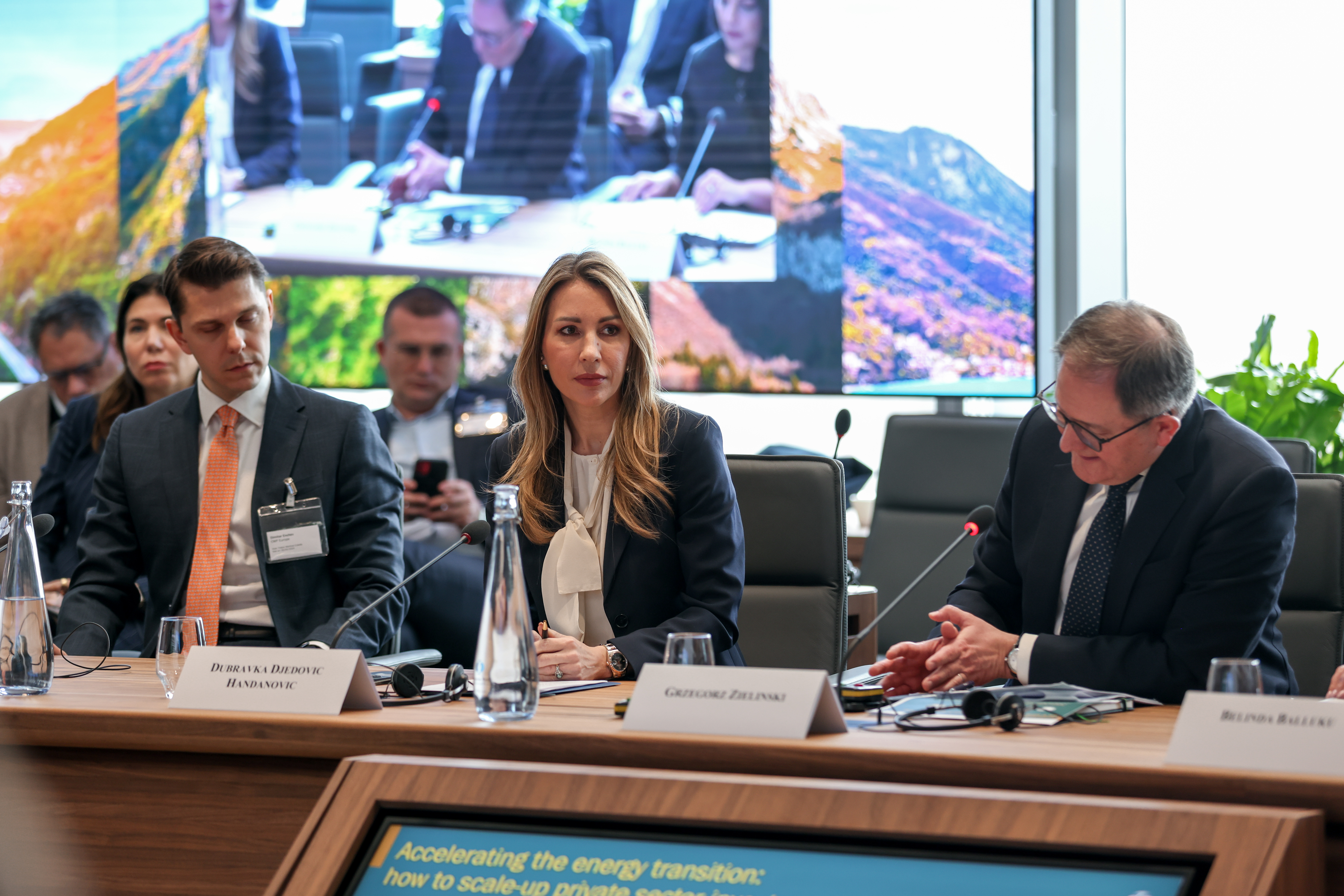
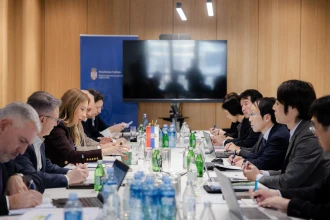
.webp)
